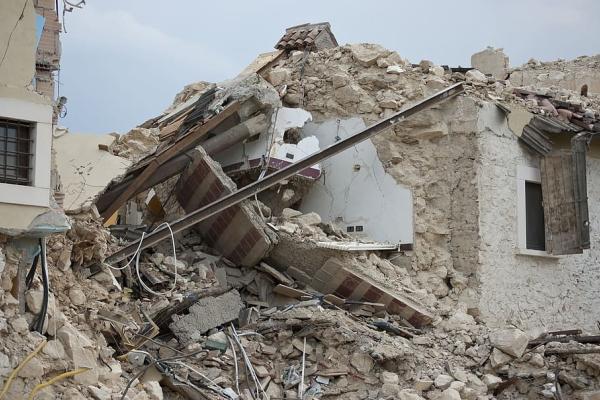Crisis in Morocco: The Eathquake and its Aftermath

On the third national day of mourning in Morocco, as declared by King Mohammad VI, we at Ohio State join communities all over the nation, as the world gathers to show support for the victims of the Friday night earthquake. This unprecedented destruction affected thousands in its initial impact and the Middle East Studies Center is monitoring the situation as we take account of the full extent of the impact. We will continue sharing updates and point people toward valid information and trusted resources for people who wish to help.
What happened?
The Friday night earthquake of magnitude 6.8 earthquake wreaked unprecedented havoc on the country, with its epicenter in the mountainous Al-Haouz province. So far, over 2,800 have been found dead and at least another 2,500 injured. People in or near the High Atlas Mountains, including Marrakesh and surrounding villages, have been sleeping outdoors for fear of falling rubble, or worse, the predicted aftershock of the quake.
How did people respond?
Taking matters into their own hands, people in the more remote villages of the Atlas Mountains have been working tirelessly to dig through rubble and aid their friends and family. Across the nation, the people of Morocco have mobilized in support of their fellow countrymen. From the national football team's blood drive to local donation networks, Moroccans show their extraordinary ability to stand united.
King Mohammad VI has accepted aid offered by allied nations and intends to lead the coordination of foreign aid.
Adding to the international unrest is the frequent tourist visitation to Marrakesh. Many speculate about how this earthquake with affect one of Morocco's largest industries this coming year: tourism.
What is needed immediately?
Though the royal government has allocated resources to send out rescue teams, blocked roads have delayed critical aid in affected areas. Furthermore, official numbers fail to take into account the number of missing persons or the unique plight of vulnerable populations.
One of the first responders on the scene was the Red Crescent, providing first aid and helping with search and rescue. Donate to support their efforts, both short-term and long-term, here.
Doctors Without Borders sends medical personnel to evaluate needs in affected areas and bolster local medical teams. At a time when more and more people are being found injured, often severely, Doctors Without Borders provides a critical service. Donate here.
Islamic Relief US partners with local humanitarian organizations to collect aid and allocate it where it's most needed. Donate here.
CARE's Earthquake Response in Morocco prioritizes vulnerable populations, such as women and girls, the elderly, and families with children. Their emergency fund helps struggling families cope with the loss of shelter, medical bills, food scarcity, and more. Donate here.
